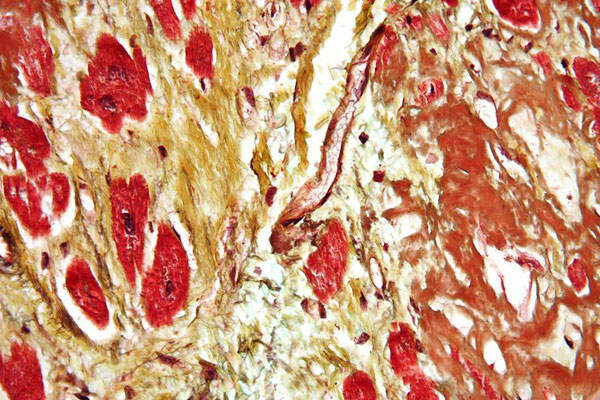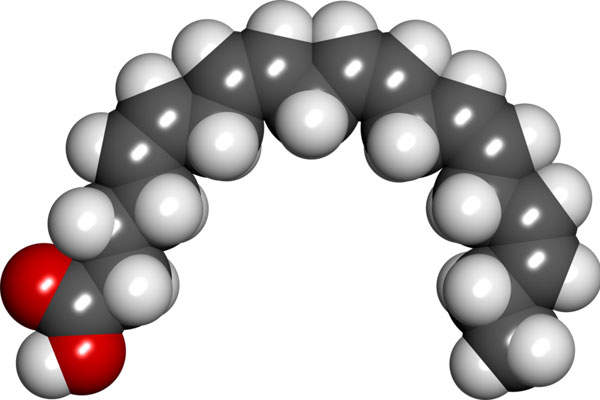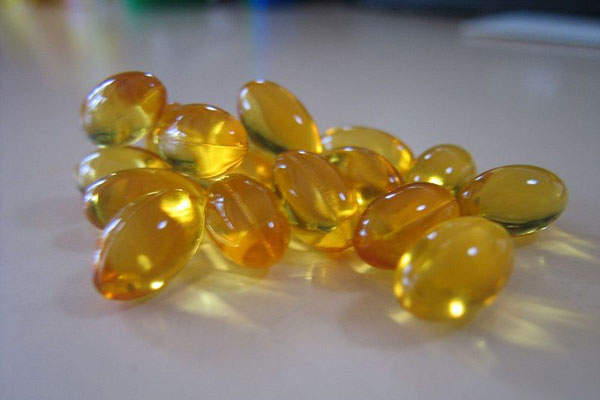Endari™ is an orally administered powdered form of amino acid L-glutamine indicated for the treatment of sickle-cell disease.
The drug was discovered and developed by Emmaus Life Sciences, a company headquartered in the US.
Emmaus submitted a new drug application (NDA) for Endari to the US Food and Drug Administration (FDA) in September 2016. The application was accepted for review in November of that year and was granted orphan and fast-track designation.
The drug was approved in July 2017 and launched in the market in December 2017 through national speciality pharmacy US Bioservices.
Endari is an FDA-approved therapy for children with sickle-cell disease and one of the first new treatments in 20 years for adult patients with sickle-cell anaemia and sickle ߺ thalassemia.
The drug has also received orphan medicinal product designation in the EU.
The Paediatric Committee (PDCO) of the European Medicines Agency (EMA) accepted Emmaus paediatric investigation plan (PIP) for the treatment of sickle-cell disease in December 2017. Acceptance of the PIP will enable Emmaus to submit a Marketing Authorisation Application (MAA) for Endari in Europe.
Sickle cell disease details
Sickle-cell disease is a rare hereditary blood disorder caused by a genetic mutation in the beta-chain of haemoglobin. The disease is characterised by the presence of crescent or sickle-shaped red blood cells, which minimise oxygen levels in the blood and cause blockage in blood flow.
The disease affects people aged five or older. Sickle-cell crisis leads to organ damage, anaemia, stroke, pulmonary complications and acute chest syndrome.
An estimated 100,000 people in the US and 25 million people worldwide are diagnosed with the disease. The average lifespan of those affected in the US is between 40 and 60 years.
Endari’s mechanism of action
The L-glutamine amino acid in Endari reduces oxidative stress and acute complications. It also participates in the formation of proteins, glutamate, amino sugars and nucleotides.
The drug is formulated as a white crystalline powder and packed in paper-foil-plastic laminate packets. The recommended dose is between 5g and 15g orally, twice a day, depending upon the body weight.
Clinical trials on Endari
The US FDA approved Endari based on results obtained from multiple clinical trials conducted to evaluate the effects of Endari in adults and children.
One Phase II double-blind, placebo-controlled clinical trial was conducted for a period of 48 weeks and concluded in 2008. Known as NCT00125788, the study enrolled 80 patients with sickle-cell anaemia and sickle-cell thalassemia.
The Phase II trial NCT00586209 enrolled 18 patients to evaluate the efficacy of Endari over placebo. Completed in 2009, the study focused on the improvement of breath and exercise endurance.
A Phase III clinical trial study known as NCT01179217 was conducted for 48 weeks between May 2010 and March 2014 across 31 locations in the US. A total of 230 sickle-cell disease patients aged between five and 58 years were administered with either oral Endari™ or maltodextrin during the double-blind, randomised, prospective, placebo-controlled, parallel-group, multi-centre study.
The findings showed a 25% reduction in the frequency of sickle-cell crisis, a 33% decrease in hospitalisation rates, fewer hospital visits due to sickle-cell pain and 60% fewer occurrences of acute chest syndrome in patients administered with Endari.
The most common adverse reactions found in more than 10% of patients during the clinical studies were constipation, headaches, coughing, chest pain, nausea and pain in the extremities in the abdomen and back. Approximately 2.7% of patients treated with L-glutamine discontinued the treatment due to the adverse events.
Marketing commentary on Emmaus Life Sciences
Headquartered in California, Emmaus Life Sciences is a pharmaceutical and regenerative medicine company engaged in the discovery and development of innovative treatments for rare and orphan diseases.
The company also developed NutreStore®, an FDA-approved prescription drug for the treatment of adult patients with short bowel syndrome.






